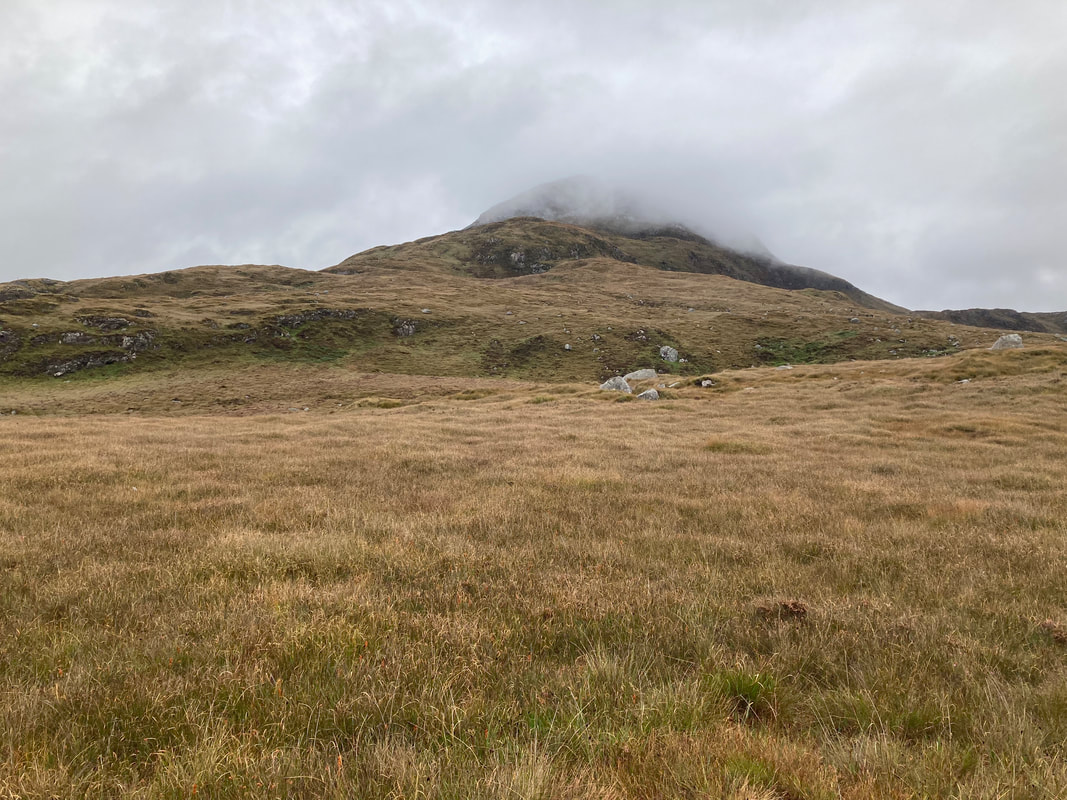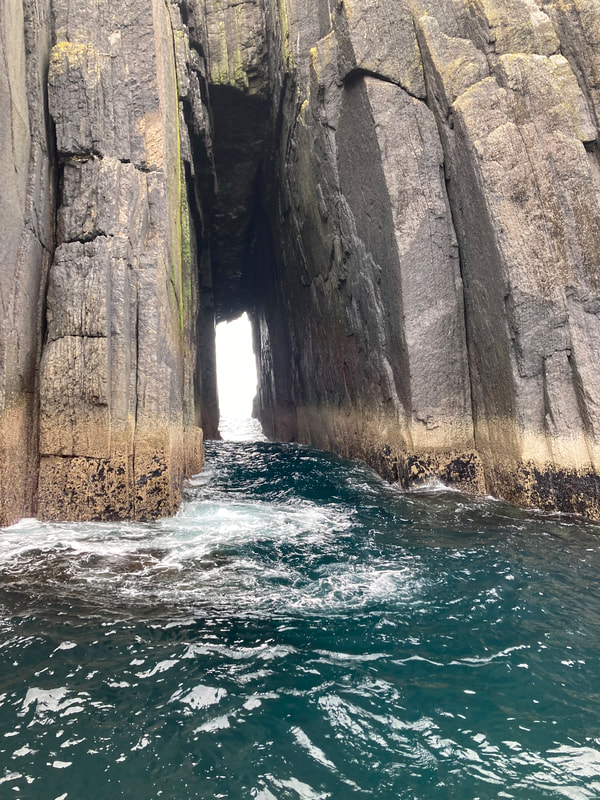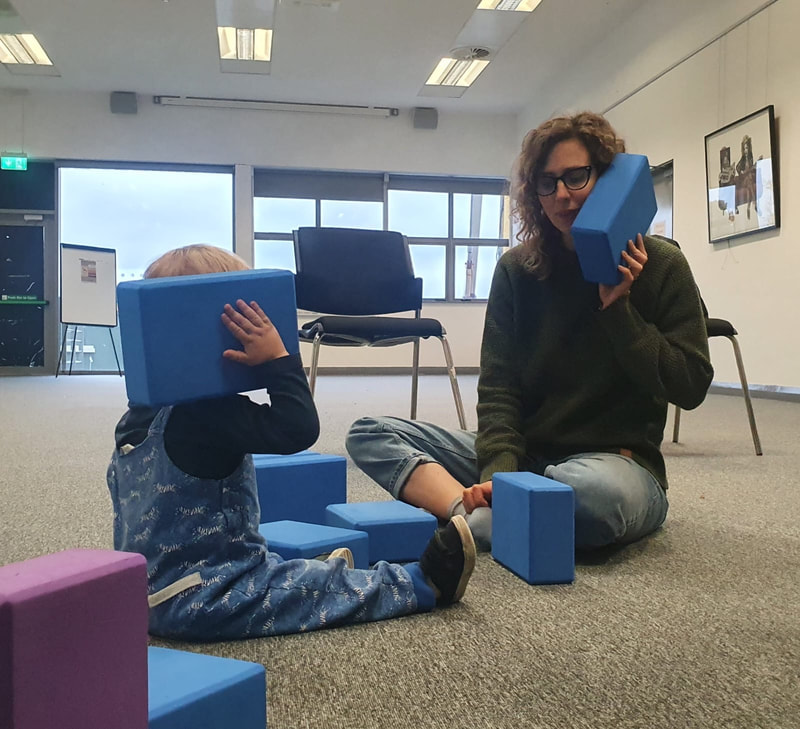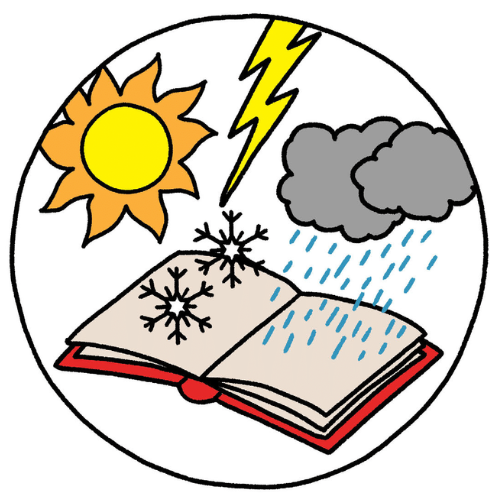Project Description:
‘Caomhnú’ means ‘conservation’ in both the artistic and environmental contexts in Irish. This feels particularly appropriate given the biodiversity loss and climate change already heavily impacting Ireland’s rural communities. By conserving stories of climate action and environmental changes through citizen science, we aim to catalyse structural changes and empower rural Irish communities towards environmental justice, which often uses participatory methods.
Our work aims to integrate the Irish tradition of storytelling and local climate action, recognising the gap in knowledge sharing that exists between place-based implementation and enforcement of relevant climate action, and the wellbeing and resilience of places and citizens. It presents a unique synergy of Irish oral traditions, citizen science and climate resilience, as storytelling helps to highlight messages for community action, including climate action, in a culturally acceptable manner to raise awareness and change behaviour.
Project Type: Kickstarting Grant
Theme: Justice and Equity, Climate
Mentor:Jane Prophet
Caomhnú: Amplifying Rural Voices on Climate Change Through Storytelling
Caomhnú is a storytelling project that explores the perspectives of rural Irish communities on climate change and climate action. Based at the University of Galway, the project was established by Gesche Kindermann, Jessamyn Fairfield, Órla McGovern, and Claire Murray, following focus groups conducted as part of the ROAM project last year. In these sessions, rural participants expressed their strong desire to take more action in their communities and emphasised the importance of being included in the conversation about climate change.

the word Caomhnú means “conservation” in Irish, encapsulating the preservation of history, culture, and nature—an idea that resonates with Ireland’s long and rich storytelling tradition. Many rural participants voiced concerns about being excluded from climate discussions, despite living in regions already grappling with significant climate-related challenges. These reflections stayed with the team long after the conclusion of the ROAM project, leading them to develop a platform to amplify rural voices and share their insights and ideas for climate action. Storytelling, combined with citizen science, emerged as an ideal approach for continuing this vital work. Listening to the ROAM participants revealed their invaluable location-specific expertise and innovative climate actions that could inspire others and inform broader climate strategies.

Sharing Stories, Shaping Actions
Throughout 2024, 35 participants shared their stories at various venues in rural locations across Ireland, often in conjunction with the climate change improv show We Built This City on Rock and Coal, as well as through online platforms. These narratives offered rich accounts of proactive efforts, concerns, and aspirations regarding climate challenges. The team gathered numerous examples of impactful actions taking place at local, regional, and national levels—many of which represent the forefront of climate policy and adaptation.
The stories primarily highlighted individual and community resilience, illustrating how rural inhabitants in Ireland are already addressing the effects of climate change. These accounts underscored the need for researchers to dedicate time to genuinely listen to participants who possess a wealth of knowledge and lived experience in tackling local realities. Initially, the team underestimated how much participants would want to share, prompting adjustments to the project’s structure to accommodate this unexpected level of engagement.
Learning and Growing with IMPETUS
Participating in the IMPETUS Accelerator program provided a unique opportunity to connect with other innovative citizen science initiatives. The team exchanged ideas and approaches with a network of passionate practitioners. It benefited from the mentorship of Jane Prophet, who offered valuable insights into the opportunities and challenges of their work. These experiences enriched the project and encouraged critical reflections on its growth potential.

Looking Ahead
The team is analysing trends and exploring ways to expand Caomhnú beyond its initial funding. As part of this effort, they collaborated with rural communities to create a digital map that shared participants’ stories and developed a video to disseminate key insights and topics. These resources aim to sustain the project’s momentum and inspire broader engagement with rural communities’ climate resilience and innovation.
The lessons learned from Caomhnú emphasise the importance of listening to and learning from communities on the frontlines of climate change. The project hopes to shape a more inclusive and effective approach to climate action in Ireland and beyond by amplifying these voices through storytelling and citizen science.



